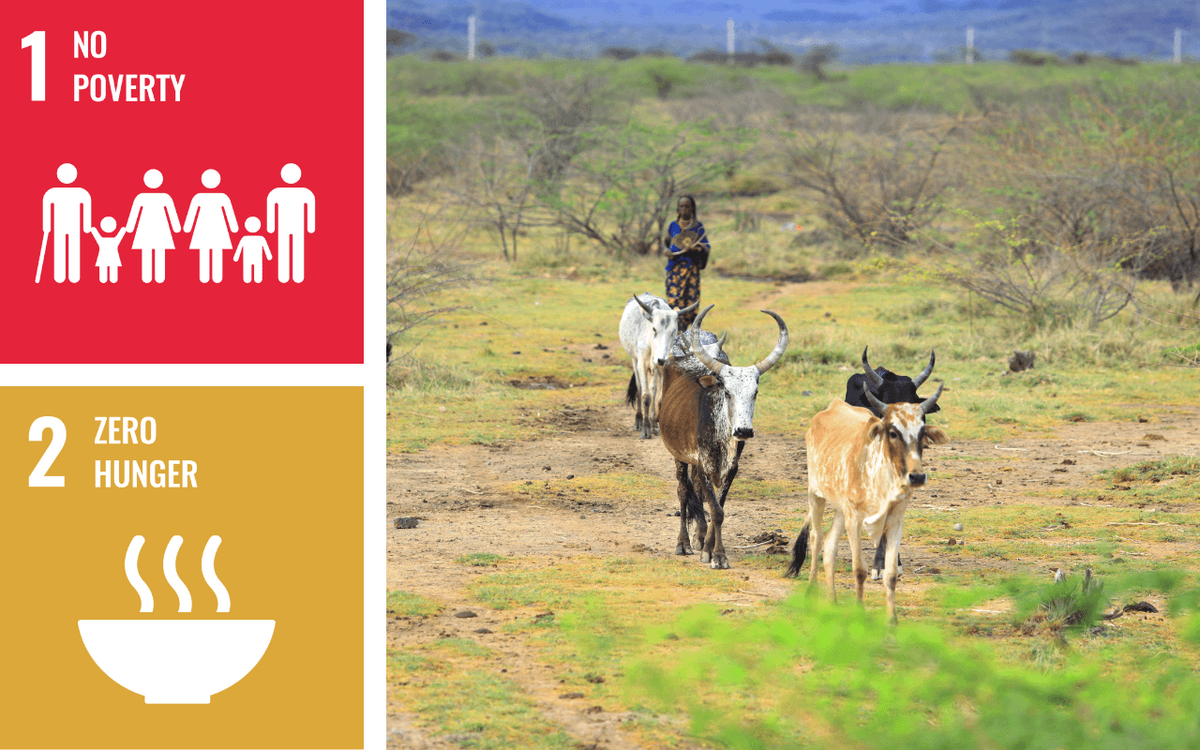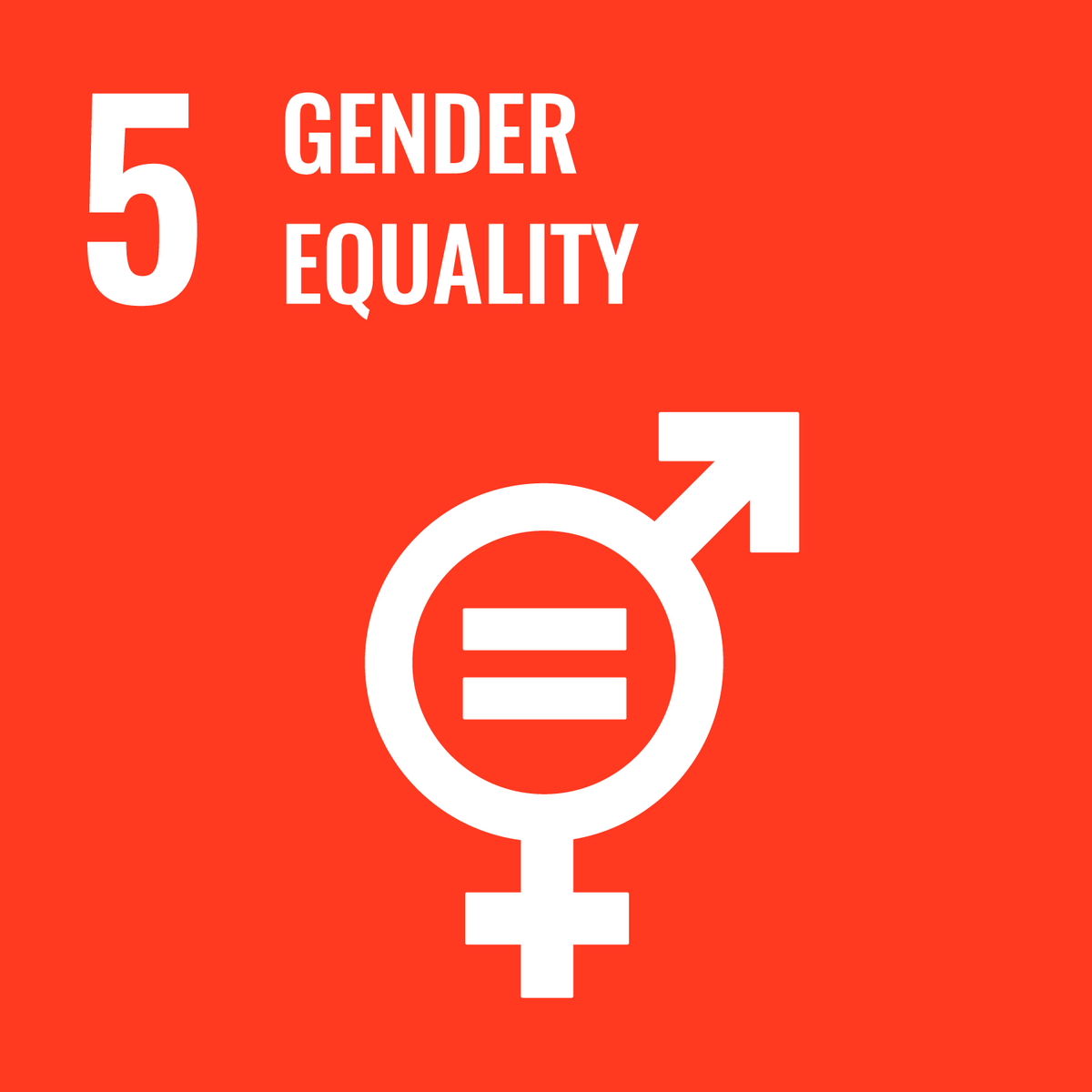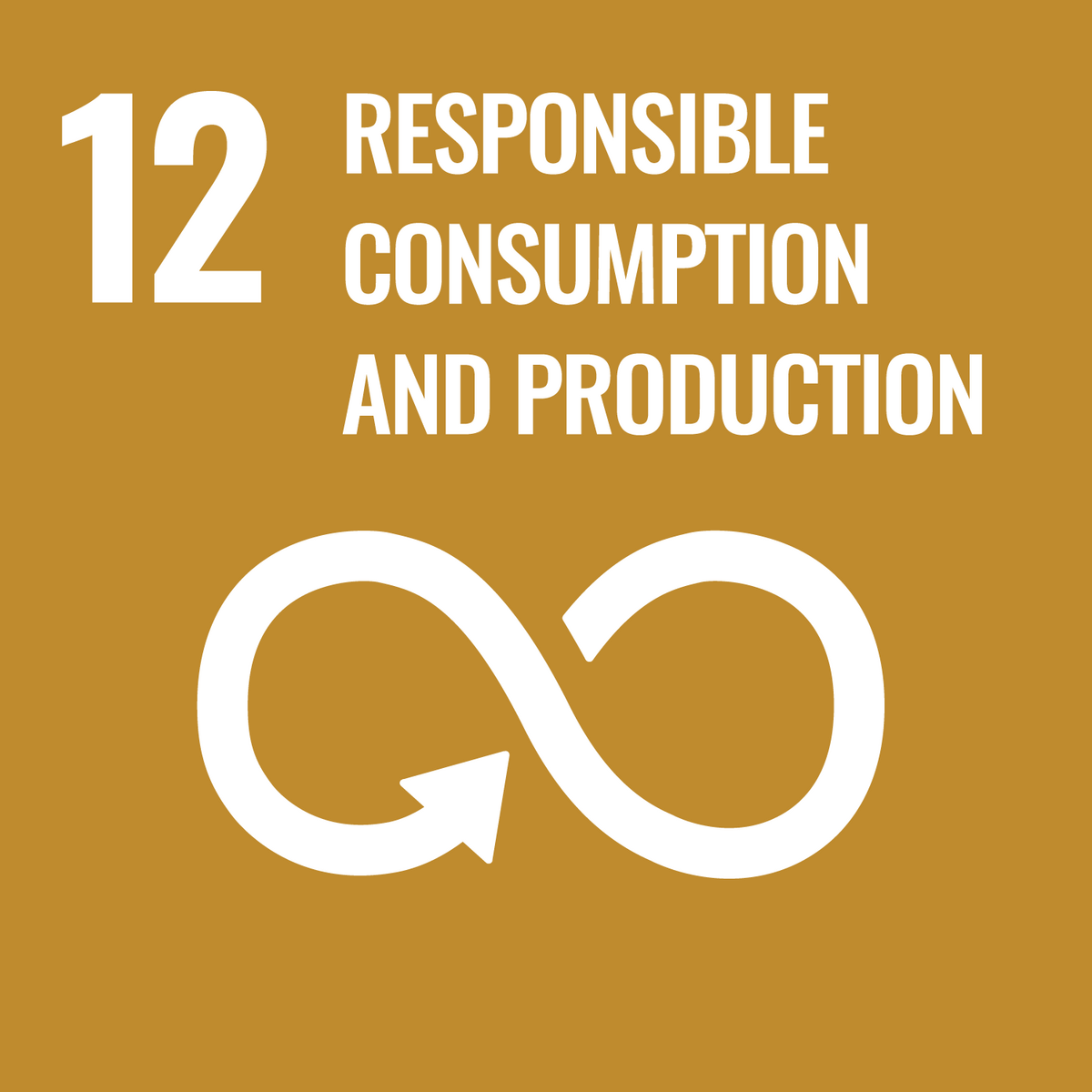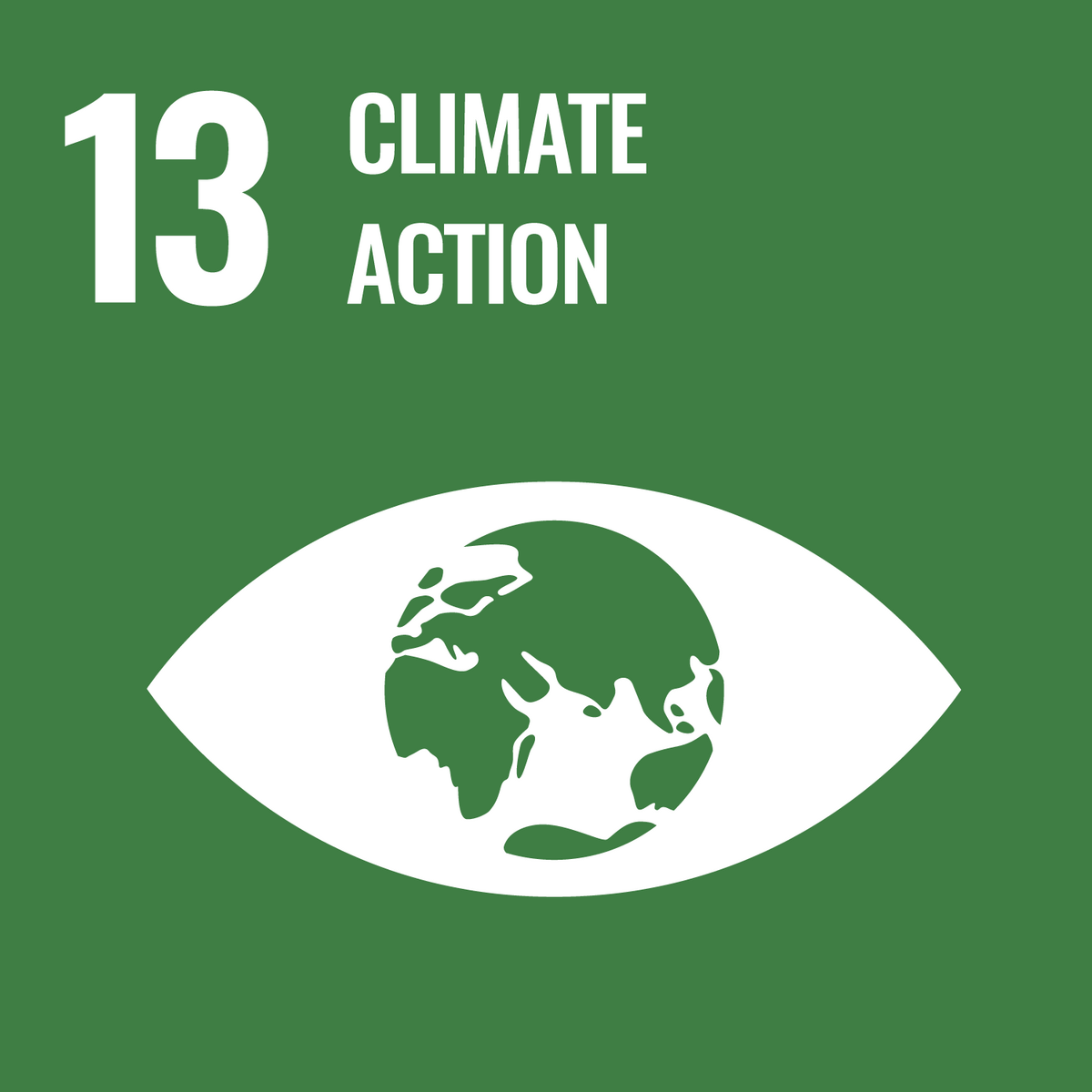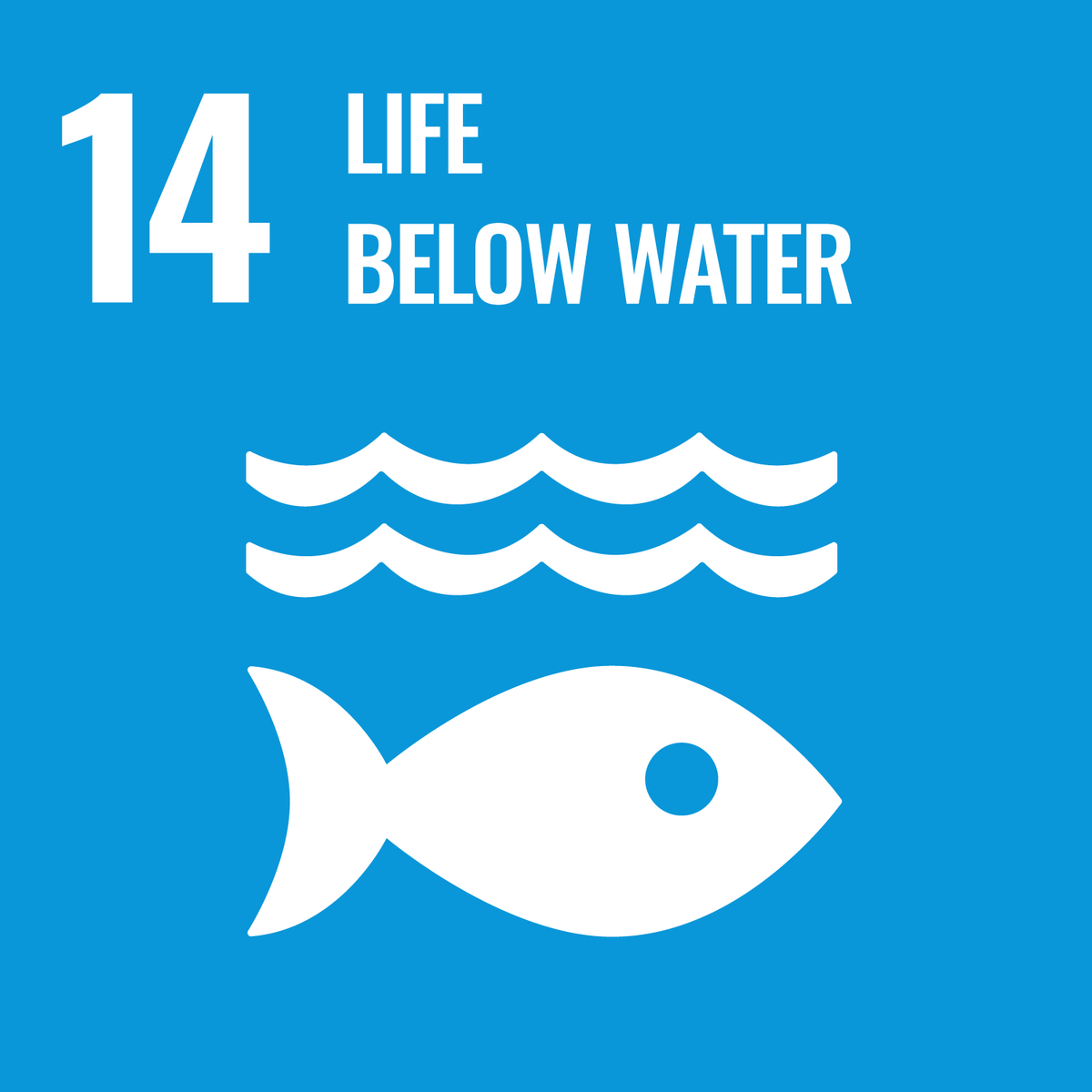It's already half-time – SDGs of Agenda 2030
In 2023 the world is at halftime in the implementation of the 2030 Agenda and its Sustainable Development Goals (SDGs). On current trends, one thing becomes clear: We’re at halftime but nowhere near halfway. In the face of global crises and geopolitical conflicts, the path to sustainability has recently even been backward. Still, there are seven years left to turn the tide. Time to ask ourselves: so far, what has been achieved and what needs to happen to ensure that the SDGs can be kept?
Dr Christine Chemnitz, Director Agora Agrar, takes stock of the progress made in implementing the goals and its different dimensions - focusing SDG 1 and 2. Sten Schurer and Kilian Blumenthal, Water and Energy for Food (WE4F), take a look at SDG 6 and 7, which are dedicated to water, sanitation and energy. Connecting consumption, production and food security, Dr Bettina von Reden, Fairtrade Germany, reports on SDG 12. Dr Alisher Mirzabaev, Center for Development Research (ZEF), comments on the climate targets of SDG 13. SDG 14 and 15 address life under water and on land - a review is given by Julian Münster, GIZ, on marine resources and Dr Fergus Sinclair, IACGR, on ecosystems.

"At the halfway mark of the 2030 Agenda, results are sobering. If we continue as we are today, hundreds of millions of people will still be living in extreme poverty in 2030. But despite the setbacks caused by Covid19, conflicts and climate change, the 17 Sustainable Development Goals are and remain a global achievement and an indispensable compass for our actions."
- Svenja Schulze, Federal Minister for Economic Cooperation and Development
What about the specific targets? – Opinions on different SDGs
With the Agenda 2030, the global community has set itself 17 goals for a socially, economically and ecologically sustainable future ensuring the pledge to leave no one behind. But what's the score on different targets? And which approaches and ideas are already contributing to a sustainable future for all?
